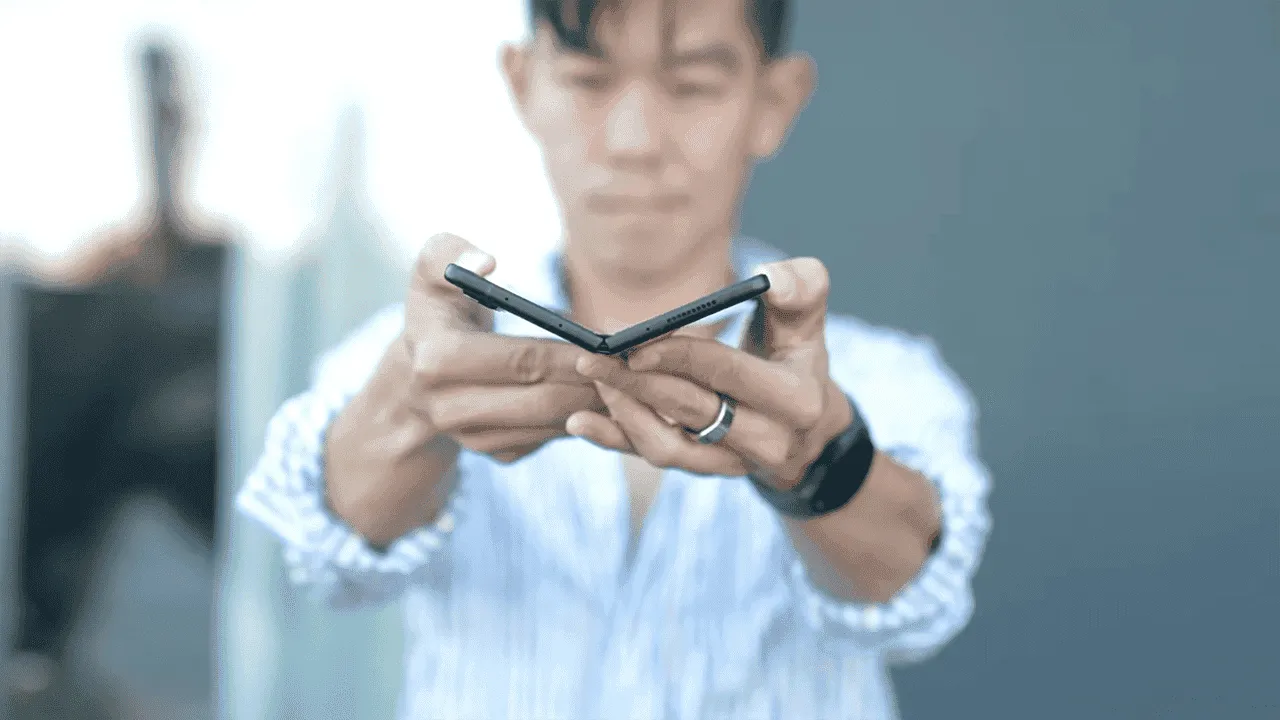
An intriguing story took to the headlines recently involving and its AirTags. The (via ) involves a researcher that sent one of Apple's AirTags to a mysterious "Federal Authority" in Germany to locate its true offices - and to help prove that it's really part of an intelligence agency. That certainly sounds like something extracted from a movie, but it actually happened in the real life.
Apple's AirTags are really useful products that have a big potential. However, as with every good technology, there is a possible bad use when it falls on malicious hands. The most controversial cases involve the ability the product gives to track individuals. Now, the German Researcher has gone beyond everything in his pursuit to expose Germany's government secrets.
German intelligent office has been uncovered by Apple AirTags
The person in question is Activist Lilith Wittmann that claims she has uncovered how Germany's little-known Federal Telecommunications Services is actually a "camouflage authority" for a secret intelligence agency. Initially, she wrote how she "accidentally stumbled upon a federal authority that does not exist". Now the activist details how her attempts led her to the findings. She has methodically gone through every step of learning what she can of the intelligence agency, including where it is.
Some of these steps are no longer possible to reproduce, such as her initial one of simply looking up a list of federal authorities online. Similarly, the activist includes transcripts of phone calls with an official whose cell number that she reports then ceased working. Through calls like that, IP searches, and even driving to official buildings, Wittman worked to track down the mysterious Bundesservice Telekommunikation, or Federal Telecommunications Service.
The activist, states multiple reasons to believe it is part of the Federal Ministry of the Interior (BMI). She ultimately concludes that there are actually two "camouflage" authorities. Both are allegedly a secret part of an intelligence agency named the Federal Office for the Protection of the Constitution.
How she used an AirTag to find the secret agency
Wittmann states that everyone she has spoken denies participation in the intelligence agency. However, she states that a good indicator would be if she could prove that the postal address for this "federal authority" actually leads to the intelligence service's apparent offices. She wrote:
"To understand where mail ends up, you can do a lot of manual research. Otherwise, you can simply send a small device that regularly transmits its current position (The Apple AirTag) and see where it lands".

She has sent a parcel with an AirTag and watched through Apple's Find My system. The parcel was delivered via the Berlin sorting center to a sorting office in Cologne-Ehrenfeld. And then appears at the Office for the Protection of the Constitution in Cologne.
What explains an AirTag addressed to a telecommunications authority based in one part of Germany, ends up in the offices of an intelligence agency based in another part of the country? For Wittman, this is the clearest indication of this agency's existence.
The researcher detailed her research in the German Wikipedia entry for the federal telecommunications service. She also points out that after her discovery, there were multiple government press conferences to deny the facts.
She writes that the government agency can keep the AirTags for them.
Popular News
Latest News
Loading






